Genre Adventure. Page - 28
All entire books of the Adventure genre on your device.
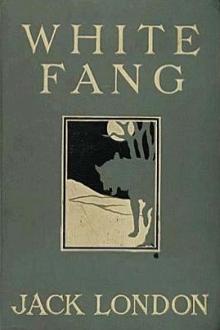
That night, when supper was finished and they sat on the oblong box and pulled at their pipes, the circle of gleaming eyes drew in even closer than before."I wisht they'd spring up a bunch of moose or something, an' go away an' leave us alone," Bill said. Henry grunted with an intonation that was not all sympathy, and for a quarter of an hour they sat on in silence, Henry staring at the fire, and Bill at the circle of eyes that burned in the darkness just beyond the firelight. "I

evil give to him with his own hands, and told him he could cure anybody with it and fetch witches whenever he wanted to just by saying something to it; but he never told what it was he said to it. Niggers would come from all around there and give Jim anything they had, just for a sight of that five-center piece; but they wouldn't touch it, because the devil had had his hands on it. Jim was most ruined for a servant, because he got stuck up on account of having seen the devil and been rode by

sons who appeared to listen to him with respect. d'Artagnan fancied quite naturally, according to his custom, that he must be the object of their conversation, and listened. This time d'Artagnan was only in part mistaken; he himself was not in question, but his horse was. The gentleman appeared to be enumerating all his qualities to his auditors; and, as I have said, the auditors seeming to have great deference for the narrator, they every moment burst into fits of laughter. Now, as a
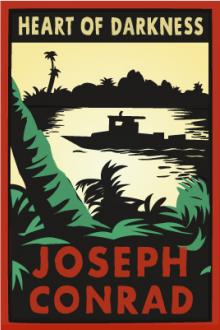
pree on shore suffices to unfold for himthe secret of a whole continent, and generally he finds the secretnot worth knowing. The yarns of seamen have a direct simplicity,the whole meaning of which lies within the shell of a cracked nut.But Marlow was not typical (if his propensity to spin yarns beexcepted), and to him the meaning of an episode was not insidelike a kernel but outside, enveloping the tale which brought itout only as a glow brings out a haze, in the likeness of one ofthese misty
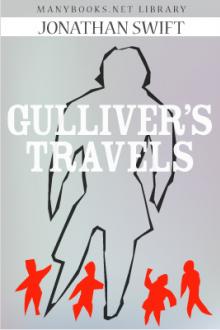
I cannot tell; but conclude theywere all lost. For my own part, I swam as fortune directed me, andwas pushed forward by wind and tide. I often let my legs drop, andcould feel no bottom; but when I was almost gone, and able tostruggle no longer, I found myself within my depth; and by thistime the storm was much abated. The declivity was so small, that Iwalked near a mile before I got to the shore, which I conjecturedwas about eight o'clock in the evening. I then advanced forwardnear half a mile,
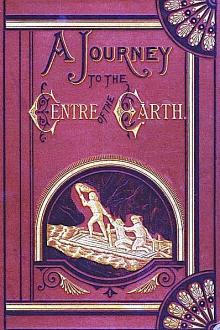
ore to share our meal. To satisfy my conscience, I ate for both.The old cook and housekeeper was nearly out of her mind. After taking so much trouble, to find her master not appear at dinner was to her a sad disappointment--which, as she occasionally watched the havoc I was making on the viands, became also alarm. If my uncle were to come to table after all? Suddenly, just as I had consumed the last apple and drunk the last glass of wine, a terrible voice was heard at no great distance. It was
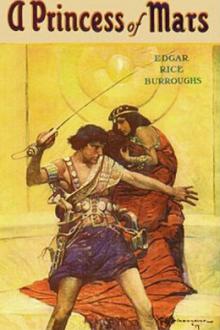
however, that this thought did not occur to me until the following day removes any possible right to a claim to heroism to which the narration of this episode might possibly otherwise entitle me.I do not believe that I am made of the stuff which constitutes heroes, because, in all of the hundreds of instances that my voluntary acts have placed me face to face with death, I cannot recall a single one where any alternative step to that I took occurred to me until many hours later. My mind is

s originally conceived,Verne's Captain Nemo was a Polish nobleman whose entire familyhad been slaughtered by Russian troops. Nemo builds a fabulousfuturistic submarine, the Nautilus, then conducts an underwatercampaign of vengeance against his imperialist oppressor.But in the 1860s France had to treat the Tsar as an ally,and Verne's publisher Pierre Hetzel pronounced the book unprintable.Verne reworked its political content, devising new nationalities forNemo and his great enemy--information

and sat down to the Pall Mall at twenty minutes before six. Half an hour later several members of the Reform came in and drew up to the fireplace, where a coal fire was steadily burning. They were Mr. Fogg's usual partners at whist: Andrew Stuart, an engineer; John Sullivan and Samuel Fallentin, bankers; Thomas Flanagan, a brewer; and Gauthier Ralph, one of the Directors of the Bank of England-- all rich and highly respectable personages, even in a club which comprises the princes of English

person who stayed in our house whom we called the captain."Well," said he, "my mate Bill would be called the captain, as like as not. He has a cut on one cheek and a mighty pleasant way with him, particularly in drink, has my mate Bill. We'll put it, for argument like, that your captain has a cut on one cheek--and we'll put it, if you like, that that cheek's the right one. Ah, well! I told you. Now, is my mate Bill in this here house?" I told him he was out walking.